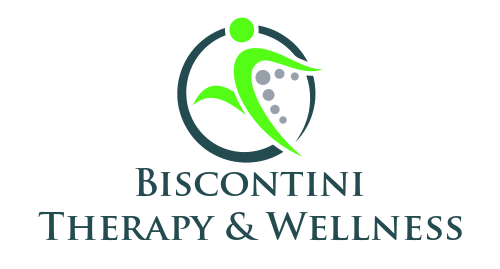Do you believe the stereotype of busy professionals grabbing fast food burgers and letting their treadmills collect dust while they’re rushing from one meeting to the next? In reality, a growing body of research shows that being busy helps you to make healthier choices.
To be more precise, thinking you’re busy seems to increase your sense of self-importance, as well as your self-control. That’s the conclusion from several recent studies of university students at a global business school.
After writing an essay about how much they had to do, they were more likely to opt for apples over brownies and extra credit over a day off.
There are at least two exceptions to the findings. Feeling pressed for time undermined self-control and made the students more likely to indulge themselves. Also, being busy had less effect on students who were described as having a low work ethic.
If you’re trying to live healthier, cultivating a busy mindset may help. See how having a full plate can help you to stay focused on your long-term well being.
Doing Meaningful Work
If you find your job fulfilling, being busy at the office may enhance your fitness as well as your finances. On the other hand, if you’re not fully engaged, you may need to change your thinking or rely on other activities to boost your self-esteem.
- Continue learning. Keeping your skills and knowledge up to date will give you the qualifications you need to work on challenging and interesting projects. Sign up for workplace trainings and take courses online. Did you know that Dr. Biscontini also works as Adjunct Faculty at Pima Medical Institute teaching Clinical Kinesiology and Evidence-Based Practice? See More About Him Here.
- Build community. Developing relationships with your colleagues adds to job satisfaction. Be generous with your time and assistance and attend office parties.
- Recognize your power. Regardless of your job description, you have the ability to make your job more gratifying. Learn as much as possible about your company and your industry. Think about the purpose behind your tasks.
- Reshape your job. You may even be able to adjust your responsibilities. Volunteer for assignments that leverage your strengths and join committees that will make you more visible.
- Pursue your passions. Channel your time and efforts into activities that excite you, whether it’s during the work day or on your own time. Think less about money and more about doing what you love and making a difference.
Dealing with Time Pressures
A long to do list will backfire if you feel like you lack the time to complete it. Learn how to manage your time so you can stay busy without becoming burnt out.
- Track your time. Figure out where you currently spend most of your hours. You can find free apps online like Clockify or Toggl or use a plain old paper journal.
- Set priorities. Block out time for the activities that add the most value to your life. Limit distractions like watching TV and superficial phone conversations.
- Break things down. If you’re feeling overwhelmed, organize large projects into smaller steps. Work backwards from the final deadline so you can set reasonable targets that you can meet.
- Work mindfully. You’ll accomplish more with less stress by tackling one thing at a time. If you’re still distracted by other thoughts, write them down so you can return to them later.
- Sleep well. To remain productive and healthy, resist any temptation to cut back on sleep. Go to bed early so you’ll be refreshed and ready for your next busy day.
A demanding job can actually be an asset when you’re trying to stay healthy. Use those busy feelings to reinforce your sense of self-esteem and encourage you to make choices that will keep you strong and fit.




